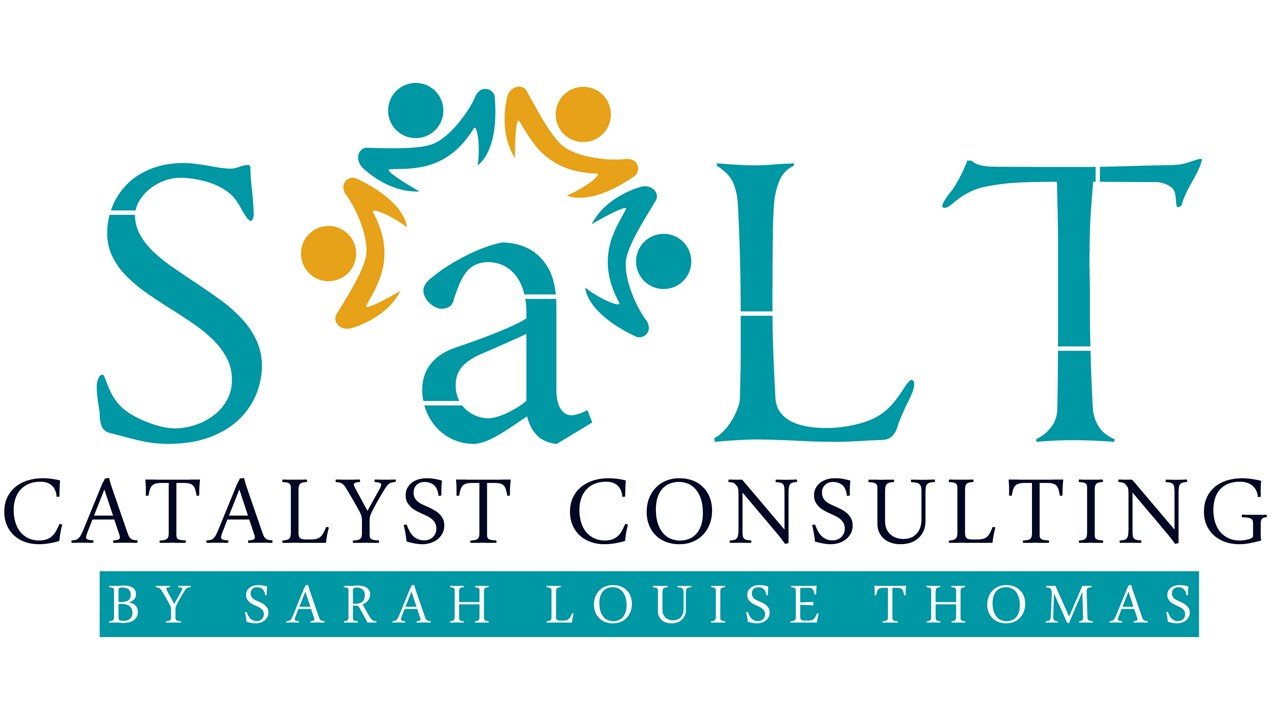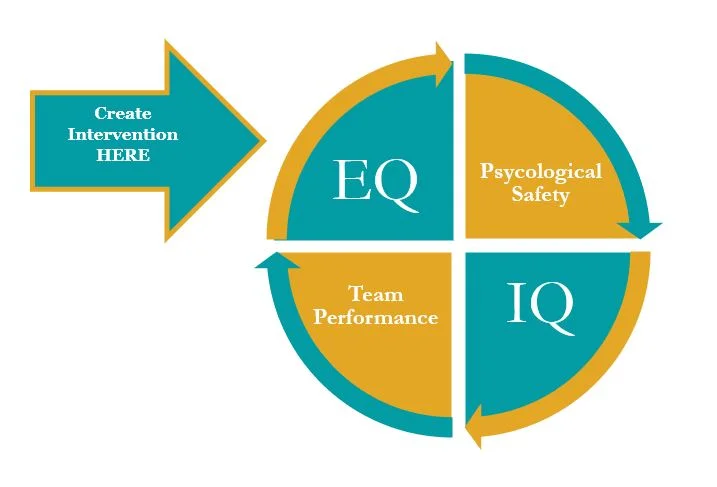Last week my mind was blown by a Psychology Today article that suggested my IQ can dip by as much as 10 -15 points when I’ve been triggered into a stress response. I thought to myself — wow! No kidding ensuring peoples’ experienced psychological safety is so important to team performance.
“EQ in Action is hands down one of the best tools I’ve experienced to support others to create more self-awareness and refine EQ skills ”
The article goes on to say that “any strong emotion, fear, stress, anxiety, anger, joy, or betrayal trips off the amygdala and impairs the prefrontal cortex's working memory.” Impaired pre-frontal cortex = smart people acting stupid. Turns out, even imagining a life stressor can impair our IQ. I think we can all relate to the phrase: “I was so angry I couldn’t think straight”. Well, that’s right.
So what’s the call to action? Exercise that EQ of yours so that you can minimize the negative impact to your thinking!
Hire a Coach - this is one SURE-FIRE way to FAST-TRACK creating more emotional resilience; this includes build new, more productive habits.
So is mindfulness practice.
Visualization of yourself in a more productive state of mind can also do the trick – see my past Blog Post on The Power of Visualization.
Looking for a quick life-hack. Look no further than your breath – deep breathing is the quickest way to get an emotional reaction in check in the moment!
—————
Need a refresher on the importance of psychological safety? This concept has been kicking around for awhile but was made more known and understandable through Googles’ team performance research – Project Aristotle.
The MAIN takeaway from Google’s team performance research: PSYCHOLOGICAL SAFETY is FAR AND AWAY THE MOST IMPORTANT DYNAMIC that predicts a high-performance team.
On the good teams:
- “members spoke in roughly the same proportion, a phenomenon the researchers referred to as ‘‘equality in distribution of conversational turn-taking.’’”
- “members had high ‘‘average social sensitivity’’ — a fancy way of saying they were skilled at intuiting how others felt based on their tone of voice, their expressions and other nonverbal cues.”
Amy Edmondson, a Harvard Business School Professor, defines psychological safety as a ‘‘shared belief held by members of a team that the team is safe for interpersonal risk-taking.’’ Psychological safety is ‘‘a sense of confidence that the team will not embarrass, reject or punish someone for speaking up.’’
Interested in even more information about what Google learned? Check out this article in the New York Times Magazine.
Photo credit by Sarah Ardin on Unsplash

